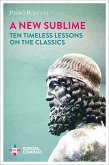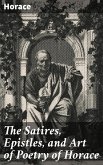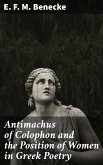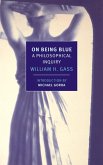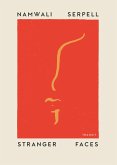In 'On the Sublime,' Longinus explores the concept of sublimity in literature, a powerful force capable of evoking passionate responses from readers. Employing a rich rhetorical style reminiscent of ancient Greek philosophy, Longinus delves into the qualities that elevate writing from the mundane to the extraordinary. His analysis encompasses examples from classical poets and authors, illustrating how a mastery of language can transcend mere aesthetics to touch the deeper emotions and intellect of the audience. This treatise not only reflects the literary context of the 1st century but also serves as a seminal work that has influenced the understanding of literary beauty through the ages. Longinus, active in the 1st century CE, is often associated with the wider Hellenistic tradition, drawing from the influences of Aristotle and other philosophers. His work emerged during a period of critical examination of rhetoric and aesthetics, where he sought to articulate the principles of effective communication and emotional impact in literature. As a literary critic, Longinus infused his insights with profound philosophical reflections that reveal the transformative power of art, perhaps shaped by his own experiences in a society grappling with the intersection of rhetoric and truth. 'On the Sublime' is essential reading for anyone interested in literary theory, providing not only a foundation for understanding the sublime in art, but also a lens through which to evaluate the emotional landscape of literature. Scholars and enthusiasts alike will find in Longinus's work both the rigor of critical thought and the beauty of poetic expression, making it a timeless guide to the art of writing. In this enriched edition, we have carefully created added value for your reading experience: - A succinct Introduction situates the work's timeless appeal and themes. - The Synopsis outlines the central plot, highlighting key developments without spoiling critical twists. - A detailed Historical Context immerses you in the era's events and influences that shaped the writing. - A thorough Analysis dissects symbols, motifs, and character arcs to unearth underlying meanings. - Reflection questions prompt you to engage personally with the work's messages, connecting them to modern life. - Hand-picked Memorable Quotes shine a spotlight on moments of literary brilliance. - Interactive footnotes clarify unusual references, historical allusions, and archaic phrases for an effortless, more informed read.
Dieser Download kann aus rechtlichen Gründen nur mit Rechnungsadresse in A, B, BG, CY, CZ, D, DK, EW, E, FIN, F, GR, H, IRL, I, LT, L, LR, M, NL, PL, P, R, S, SLO, SK ausgeliefert werden.



